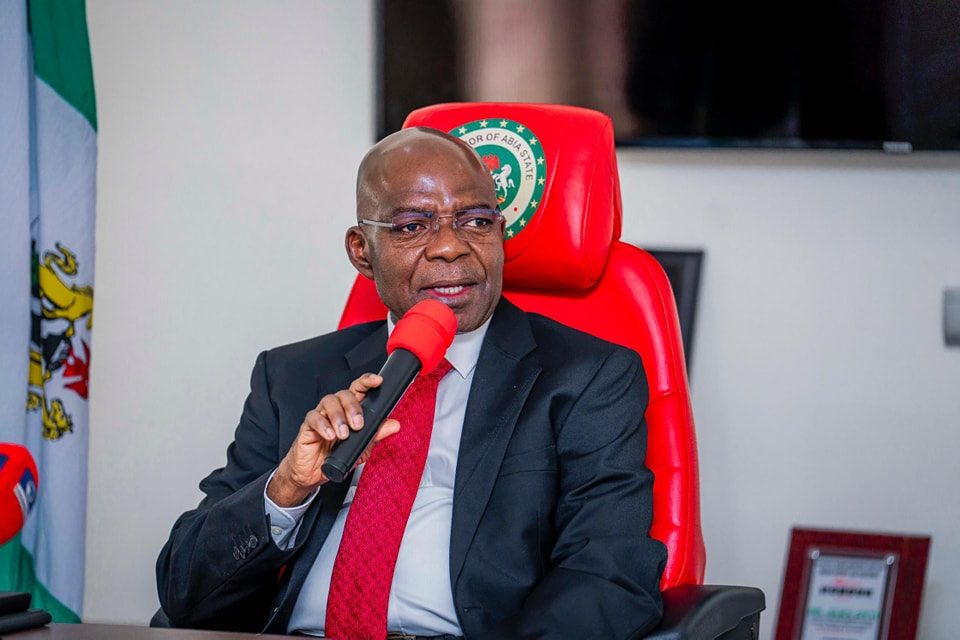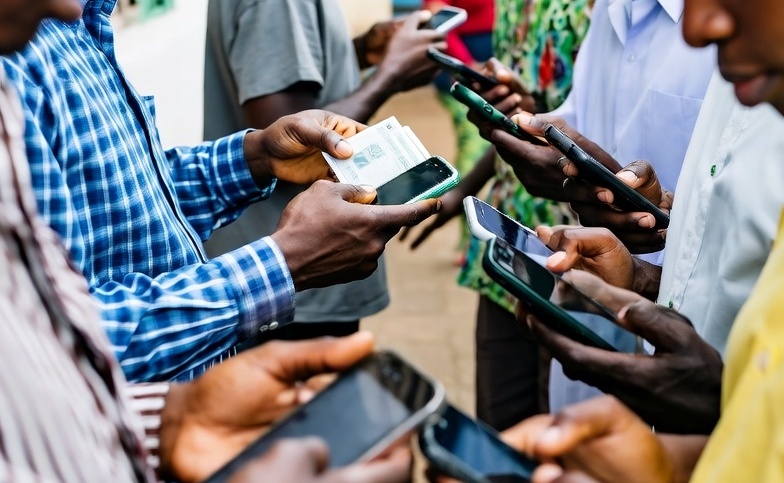•Gives one-month window for resolution of dispute
Onyebuchi Ezigbo in Abuja
Academic Staff Union of Universities (ASUU) has suspended the two-week warning strike it began last week, on October 13.
A statement signed by the ASUU president, Chris Riwuna, said the union had achieved some measure of progress in reconvened negotiations with the federal government, hence, the decision to call off the strike.
Riwuna said the swift intervention of the Senate Committees on Tertiary Education and TETFund, and Labour, led by their respective chairmen also played a key role in getting the lecturers to resume work
The statement said, “Consequently, NEC resolved to suspend the warning strike to reciprocate the overwhelming support of Nigerians. In addition, NEC resolved that a one-month window should be given to government to conclude the ongoing renegotiation of the 2009 FGN/ASUU and fully address other outstanding issues.
“The warning strike is hereby suspended with effect from midnight, Wednesday, the 22nd of October 2025;
“Should government fail to resolve the issues within the one-month window, ASUU reserves the right to resume the strike action without further notice.”
Riwuna explained, “The ASUU team met on Thursday, 16th, and Saturday, 18th October, 2025 respectively with the Yayale Ahmed-led FGN Team to consider government’s response to the Draft Renegotiated 2009 FGN/ASUU Agreement.
“Another date was also fixed for the next round of deliberations by the two teams at the last meeting. We certainly have not achieved the twin-objectives of concluding the renegotiation which started way back in 2017, and fully addressing other lingering issues.
“However, we are definitely not where we were prior to, and at the commencement of, the strike. This poignantly shows that, had government positively responded to the union’s earlier notices and appeals, there would have been no need for the strike in the first place.”
Riwuna said the earlier decision to embark on a warning strike was caused by the federal government’s inaction and neglect of ASUU’s demand.
He stated, “This was because government would not respond to several overtures to make government address the lingering renegotiation of the 2009 FGN/ASUU Agreement and other issues bordering on the welfare of our members and repositioning of Nigerian public universities to make them deliver on their mandate.
“As responsible citizens, we were (are still) convinced that it was the most expedient thing to do, in order to save our university system from imminent collapse; a cause we have championed for more than three decades.”
The ASUU president added, “As you are aware, the federal government responded to our declaration of warning strike with threats of salary denial and directives to Vice-Chancellors on ways to make the union’s action ineffectual.
“However, we can report that ASUU has had useful engagements with representatives and agents of government in the last one week.”
He said the union’s engagements with the two committees on October 19, and a follow-up meeting with Deputy Senate President, Senator Barau Jibrin, same day, appeared promising in amicably resolving all the outstanding issues.
He also said the decision to review the action was borne out of respect for students and their parents, the media, Nigeria Labour Congress and other well-meaning Nigerians.
He said, “Our members place a lot of hope on the strong promises made by these Distinguished Senators. We look forward to working with them to fully deliver on their promises
“Compatriots of the press, the union acknowledges that government has returned to the negotiating table a feat that was impossible for almost one year.
“All issues related to this development have been faithfully reported to ASUU members nationwide and were comprehensively interrogated at an emergency meeting of the National Executive Council (NEC) of our union held 21-22nd October, 2025.”
The statement said, “While noting that a lot of more work is still required, NEC came to the conclusion that the objective of the warning strike had been partly achieved.
“Hence, it was decided that the ongoing strike be reviewed to allow for a conducive atmosphere for further engagements between the two parties.
“In addition, NEC resolved that a one-month window should be given to government to conclude the ongoing renegotiation of the 2009 FGN/ASUU and fully address other outstanding issues.
“NEC hopes that government would take advantage of this opportunity to timeously resolve all the issues, in order to guarantee industrial harmony and ensure stability of our academic calendar as it has always promised.”





